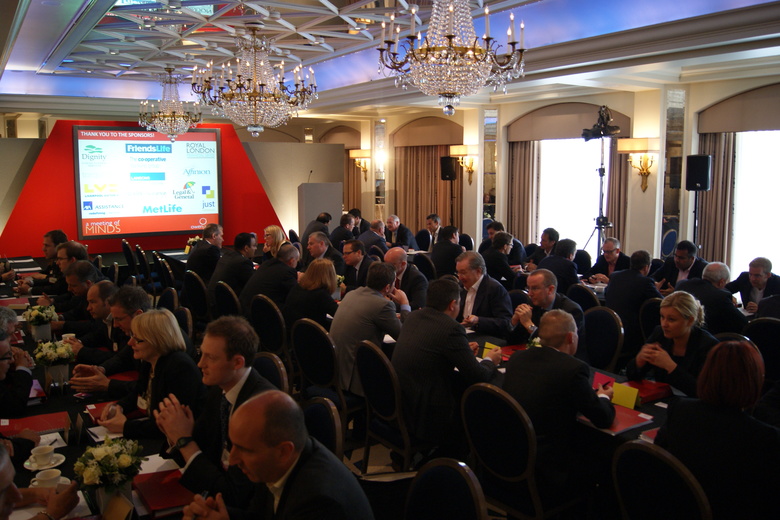

Expert: Simon Cocker – Simon Cocker Consulting
Sponsor: Peter Abel – Junction
Key headlines
Definition of IoT are machines embedded with sensors to gather, store and analyse data. These are all linked to the Internet and can be controlled from afar!
Research from Gartner stated that at the end of 2015, 3.8bn devices are connected with a prediction that this will rise to 25bn in 2020.
There is a huge growth in this market and how much usage is implied (ie in the T&Cs when you buy or upgrade) vs. permission given knowingly?
The connected home, making life easier, saving money and preventing accidents was seen as a good use of IoT.
It provides insight into how we behave as opposed to what you have done in the past which is the way insurers currently underwrite policies.
What are the boundaries for us of gathered data? What is morally right and wrong to use? Will it just mean more people become uninsurable as not benefiting from the mass coverage?
Is poor infrastructure in certain parts of the UK (and maybe the world) a barrier to this? After all you need good consistent Wi-Fi or 4G/5G for this to be effective.
How secure is the data and how is it used? Are we comfortable this is happening in a non-transparent way? Also companies need to think how they use this information.
There are at least 5 or 6 products out there with the different manufactures. Can they speak to each other?
Examples such as...
Amazon Echo – offers music first but then looking to link to all your devices.
BT is in a unique position with over 6m households using BT infinity.
How comfortable are we with Google pill? After swallowing it will send a diagnoses to your GP, who will write a prescription for you to collect from a chemist. What if there was something more wrong with you that you were unaware of? What are the morals of this?
To get comsumers on board, connected devices need to demonstrate the tangible benefits to them. An example of this is British Gas' hive, which just collects data and does not give any benefit to the consumer from this process.
Questions to be considered...
- How should the information be used to change behaviour so it has a positive impact on peoples' lives, budgets, welfare etc?
- How can we make sure it is not a clinical process in gathering the information from a consumer’s perspective? How can we use gamification to make it more fun and social?
- Is the information being gathered to assist the consumer or the organisation?


